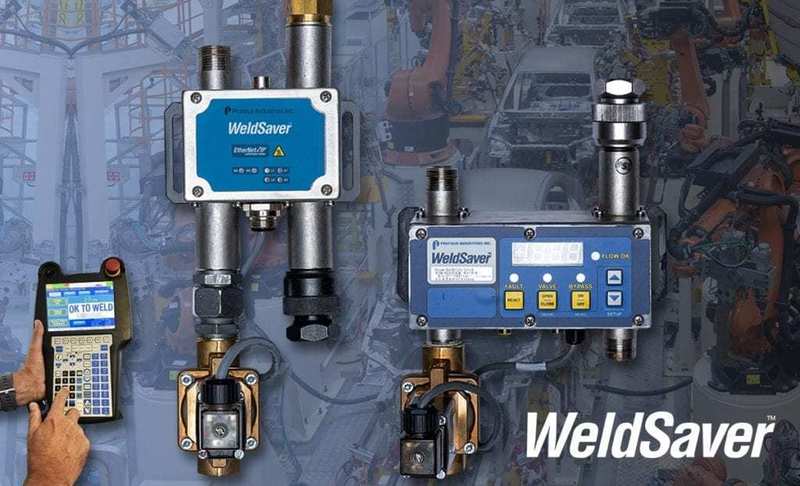Complete Guide on The working of Flow switch
748
0
·
2020/12/15
·
3 mins read
☕
WriterShelf™ is a unique multiple pen name blogging and forum platform. Protect relationships and your privacy. Take your writing in new directions. ** Join WriterShelf**
WriterShelf™ is an open writing platform. The views, information and opinions in this article are those of the author.
Article info
Categories:
⟩
⟩
Tags:
Date:
Published: 2020/12/15 - Updated: 2021/01/18
Total: 570 words
Like
or Dislike
More from this author
More to explore










Do you intend to buy a flow switch? It's the best device you can ever think of if you seek to monitor the flow rate of fluids with a high accuracy level. A flow switch is an instrument you can apply and measure the flow rate and pressure of air, liquids, and gaseous substances via a system or a duct.
How flow switch measures the flow rate
A flow switch consists of different parts that function together to help monitor the rate of flow. Many flow switches have a paddle. The paddle is connected to the circuit and mounted in the pipe through which gases or liquid passes. When the substance you want to measure begins flowing, the paddle begins to rotate. That rotation transfers a signal to the transducer.
The raw signal from the paddle is received by a transducer, which then sends it to the transmitter in a format that can be read. In the transmitter, the signals are read based on the preset parameters. Once the signals are read, the transmitter will perform any action required to cause adjustments within the flow system.
A flow switch monitors and reports the flow rate. It can also control the flow rate of gases and fluids via a given section of a system or the entire system. The flow switch will maintain flow within your set parameters. If the flow rate drops or exceeds what you require, the flow switch will start a series of reactions. It can activate an alarm, power on your pump, divert the liquid flow, or even shut down parts of the flow system.
Installation and testing of a flow switch
Flow switches are of different types. So, the installation process depends on the type of flow switch you want. But there are essential rules of thumb you won't escape when installing any flow switch. These include
Testing how a flow switch works will also depend on the kind of the switch. You may be able to tell if your flow switch is functioning well by just looking at it while in action. Ensure you examine if the accurate responses are produced when the flow begins or stops. But that doesn't apply everywhere. In other situations, you can be required to use an ohmmeter. It can help you measure the resistance of your switch's electronics. That's a sure way to confirm if a complete circuit is working once you activate your flow switch.
In case you use those two steps and no positive results, consider replacing or repairing your flow switch. That way, you can be sure it will function well and give you accurate data concerning the flow rate.
Conclusion
A flow switch is a vital device that can help you monitor the rate of fluid flow. There are many types of flow switches. Ensure to get the one that suits the liquid you intend to measure. With the proper installation of your flow switch, you can expect accurate results.